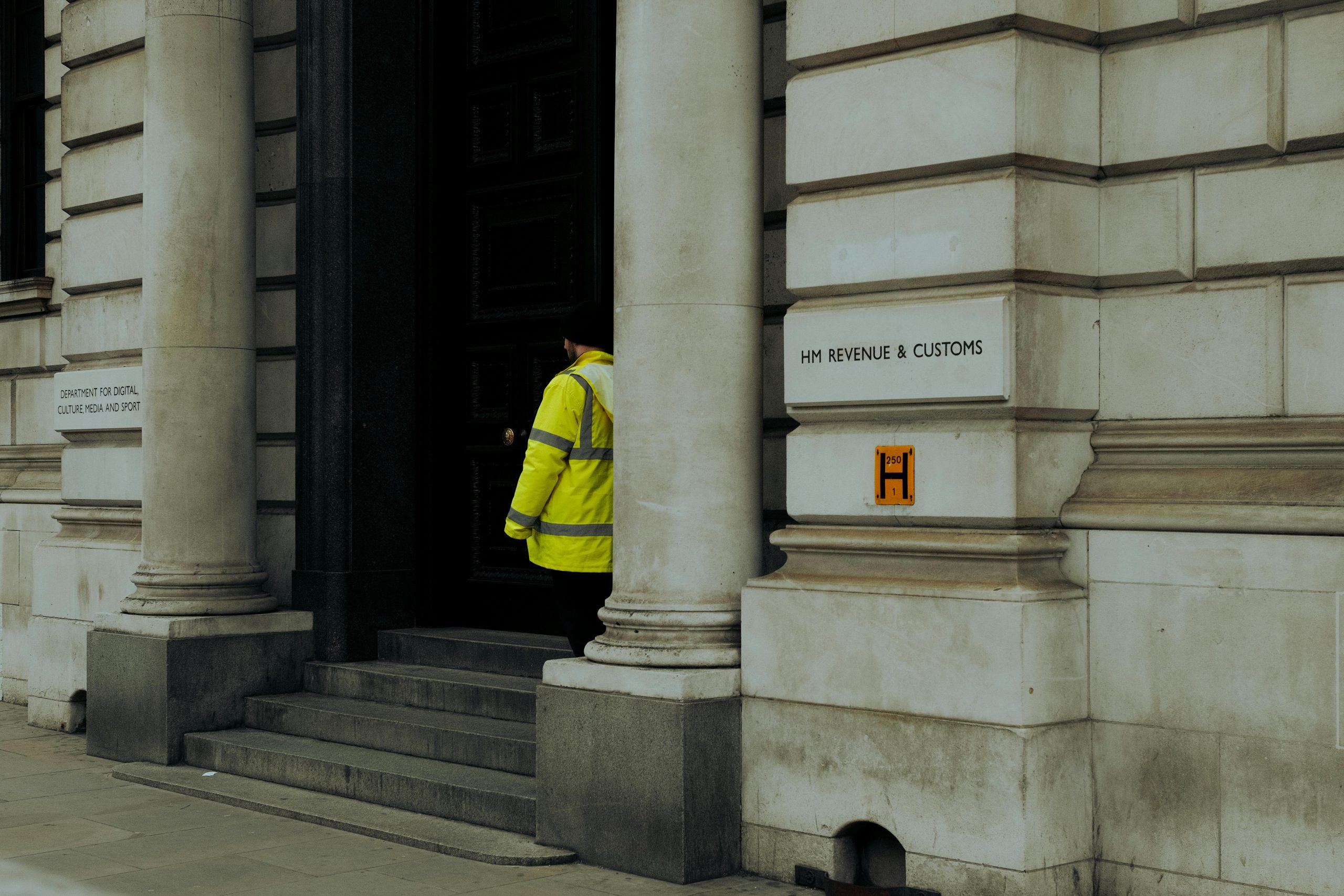Practical Steps to Manage HMRC Enquiries
Given the risks involved in an extended enquiry, proactive steps are essential to mitigate the financial impact. Here are some strategies that can help:
- Stay Proactive with Documentation
A crucial part of minimising the duration of an HMRC enquiry is maintaining detailed, accurate, and organised financial records. Promptly providing clear documentation can prevent delays and reduce the risk of errors, which may further prolong the investigation. It’s critical to ensure your accounts are accurate and up to date, especially if an enquiry is a possibility.
- Mitigate Against Interest Payments on Disputed Tax
Interest charges on disputed tax can quickly mount up, especially in cases where the investigation drags on for years. Unfortunately, there is no mechanism within HMRC’s procedures to reduce or waive these charges, even if the delays are due to HMRC’s inefficiencies.
One option to manage any potential financial risk is to overpay tax to offset future interest charges. Under the self-assessment regime, making special arrangements with HMRC to hold funds in credit is possible, though this requires explicit agreement to prevent automatic repayment. This approach mimics the now-withdrawn “certificate of tax deposit” scheme, which previously allowed taxpayers to pay disputed amounts upfront voluntarily.
- Manage Communications with HMRC
Communication with HMRC is a vital element in managing the process efficiently. Regular contact with the assigned HMRC officer and clear responses to their requests for information can help keep the process moving. It may also help to work with a tax professional who can act as a liaison, ensuring that the enquiry remains focused and preventing unnecessary delays.
- Seek Closure Through the First-tier Tribunal
If the enquiry becomes unreasonably prolonged, taxpayers can request a closure notice from HMRC via the First-tier Tribunal (FTT). This option is essentially a legal demand for HMRC to either finalise the enquiry or justify its continuation. While this can expedite the process, it comes with additional costs, such as legal fees, and may not always result in a favourable outcome. However, in cases where the enquiry appears stalled, this can be a powerful tool to bring matters to a head.
Strategies to Limit Financial Impact
In addition to managing the investigation process, there are other ways to mitigate the financial consequences of prolonged enquiries:
- Put Aside Funds for Potential Tax Liabilities
If there is any uncertainty about the outcome of the enquiry, it is prudent to set aside funds to cover potential liabilities. These funds should ideally be kept in an interest-bearing account, although it’s worth noting that the interest you earn is unlikely to match HMRC’s late payment interest rate. Nonetheless, it will provide a financial buffer if additional tax is payable.
- Consider Professional Representation
Navigating a complex and prolonged HMRC enquiry can be challenging without professional help. A tax adviser or chartered accountant can help manage the process, communicate with HMRC on your behalf, and ensure your financial position is protected. They can also advise on strategies like overpaying disputed amounts and challenging HMRC through the tribunal system, reducing the uncertainty and stress involved.
- Stay Updated on Changes in Tax Legislation
Keeping up with tax law changes is crucial, as HMRC may take years to conclude an enquiry, and regulations may evolve during that period.
Partnering with a tax professional familiar with the latest tax legislation can ensure that your business remains compliant and can leverage any potential reliefs during the enquiry process.
